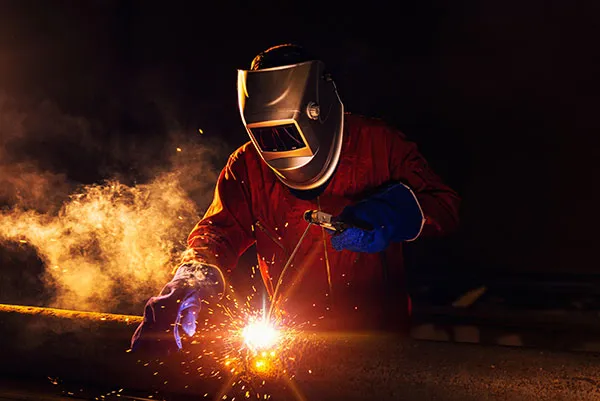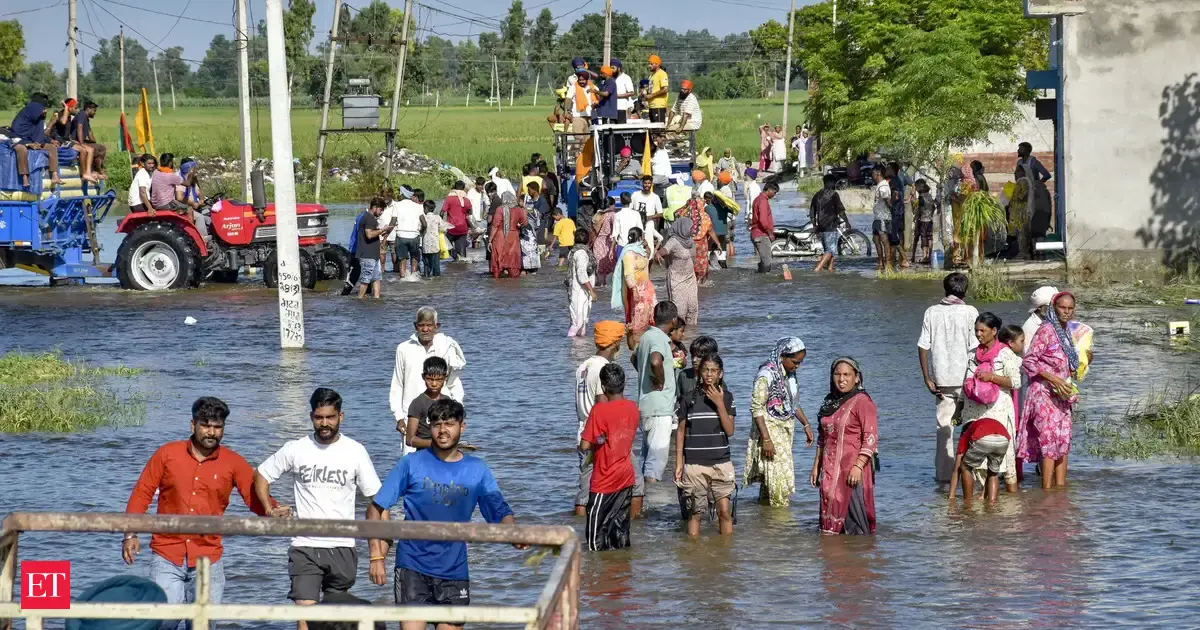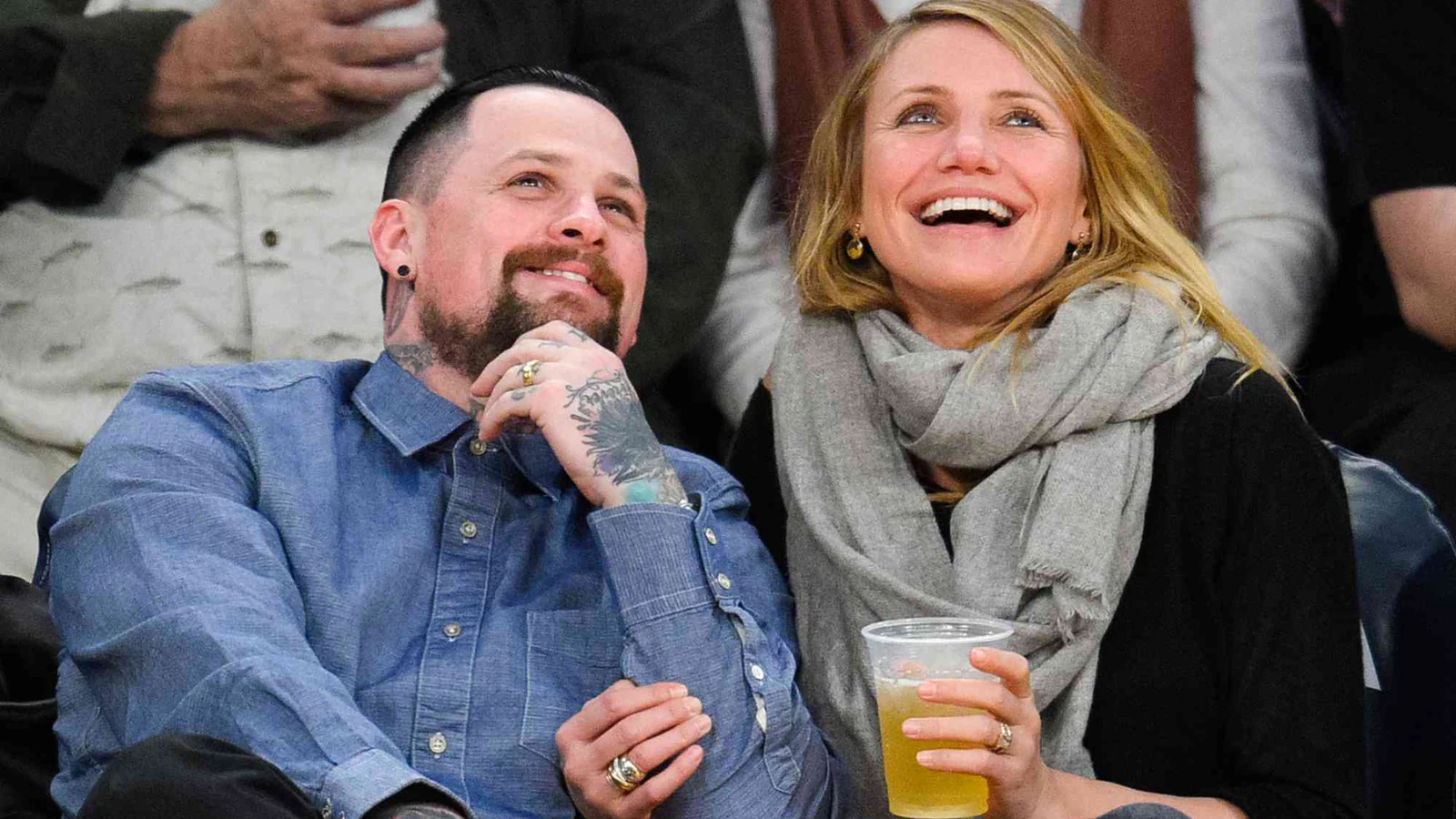By lisaha01
Copyright engineeringnews

Every building we step into, every bridge we cross, every piece of infrastructure we rely on is made safer by standards. These technical documents guide engineers, architects, builders, and regulators in designing and constructing a resilient built environment.
Yet the system that funds New Zealand’s standards is broken, according to the New Zealand Heavy Engineering Research Association (HERA).
“Over the past year, HERA’s technical experts alone have contributed hundreds of hours to the development of essential AS/NZS and NZS construction and infrastructure standards. Valued at commercial consulting rates, this amounts to almost $871,000 – a stark indication of just how much industry is underwriting the standards system,” HERA said in a release to industry.
Some of this work is supported by research funded through the Heavy Engineering Research Levy. In addition, industry specialists provide their expertise on standards committees, contribute to commissioning costs, and then must pay again to access the final published standard. In effect, they pay four times for the same piece of work.
No other sector operates like this. Imagine paying a third party every time you researched, wrote, printed, and then bought back your own textbook. That, in essence, is the reality Aotearoa New Zealand’s construction industry faces to keep standards up to date.
These documents are far more than paperwork. Standards safeguard lives, mitigate risks from earthquakes, fires, and high winds, enable innovation, and underpin sustainability and carbon-reduction goals. They do not emerge automatically. They rely on technical expertise, years of research, and the commitment of industry specialists – contributions that the current system undervalues.
“HERA’s role in shaping standards is both significant and wide-ranging. Its contributions span committee participation – where experts ensure Aotearoa New Zealand has a voice at the table – and HERA-led research, which provides the evidence base for robust, future-ready standards.”
Over the past 12 months, HERA has been directly involved in the development of standards covering structural design, welding, coatings, and materials, including:
(SUB)Structural standards
NZS 3404: Steel Structures Standard (Committee & Research)
NZS 1170.5: Structural design actions – Part 5: Earthquake actions – New Zealand (Committee)
AS/NZS 2327: Composite structures – Composite steel–concrete construction in buildings (Committee & Research)
AS/NZS 1594: Hot-rolled steel flat products (Committee)
AS/NZS 5100.6: Bridge design – Part 6: Steel and composite construction (Committee & Research)
AS/NZS 1170.0: Structural design actions – Part 0: General principles (Committee)
AS/NZS 1170.1: Structural design actions – Part 1: Permanent, imposed, and other actions (Committee)
AS/NZS 1170.2: Structural design actions – Part 2: Wind actions (Committee)
(SUB)Welding and materials standards
AS/NZS 1665: Welding of aluminium structures (Committee)
AS/NZS 2312.3: Protection of structural steel against atmospheric corrosion – Part 3: Metal spray coatings (Committee)
AS/NZS ISO 14732: Welding personnel – Qualification testing for mechanised and automatic welding of metallic materials (Committee)
AS/NZS ISO 17633: Welding consumables – Tubular cored electrodes and rods for stainless and heat-resisting steels – Classification (Committee)
AS/NZS ISO 18276: Welding consumables – Tubular cored electrodes for high-strength steels – Classification (Committee)
AS/NZS ISO 636: Welding consumables – Rods, wires, and deposits for tungsten inert gas welding of non-alloy and fine-grain steels – Classification (Committee)
AS 2205.8.2: Methods for destructive testing of welds – Transverse fillet shear test (Committee)
AS/NZS ISO 16834: Welding consumables – Wire electrodes, wires, rods, and deposits for high-strength steels – Classification (Committee)
AS/NZS ISO 14343: Welding consumables – Wire and strip electrodes for stainless and heat-resisting steels – Classification (Committee)
AS/NZS ISO 21952: Welding consumables – Wire electrodes, wires, rods, and deposits for creep-resisting steels – Classification (Committee)
AS/NZS ISO 15792.1: Welding consumables – Test methods, Part 1: Preparation of all-weld metal specimens (Committee)
AS/NZS ISO 14344: Welding consumables – Procurement of filler materials and fluxes (Committee)
AS/NZS ISO 26304: Welding consumables – Solid and tubular cored electrodes for submerged arc welding of high-strength steels – Classification (Committee)
AS/NZS ISO 15792.3: Welding consumables – Test methods, Part 3: Positional capacity and root penetration tests (Committee)
AS/NZS ISO 15792.2: Welding consumables – Test methods, Part 2: Preparation of single- and two-run specimens (Committee)
AS/NZS 5557: Welding consumables – Covered electrodes – Efficiency, recovery, and deposition coefficient (Committee)
AS/NZS ISO 6848: Arc welding and cutting – non-consumable tungsten electrodes – Classification (Committee)
AS/NZS ISO 17672: Brazing – Filler metals (Committee)
This extensive body of work safeguards public safety and supports national resilience – yet it is not sustainable to expect industry to continue footing the bill.
“If standards are critical to Aotearoa New Zealand’s safety, sustainability, and innovation, then their development must be treated as a public good. The current model, which relies heavily on voluntary industry contributions before charging industry again for access, is no longer fit for purpose.
“HERA will continue to invest its expertise and research to ensure New Zealand’s standards remain strong. The real question is this: why should industry pay four times for the same work that benefits the entire nation?
“It is time for a stronger, fairer funding model – one that recognises standards as the public good they truly are.”



